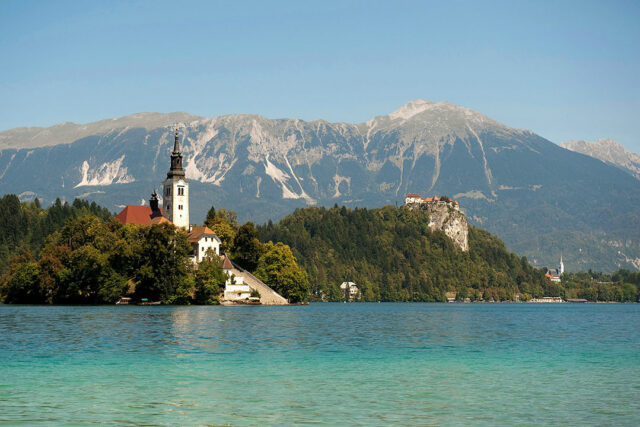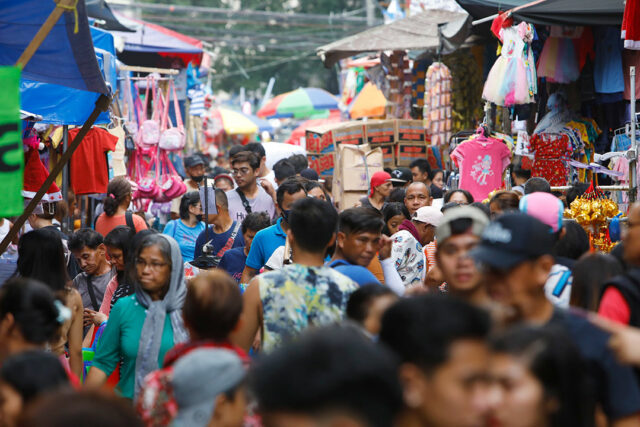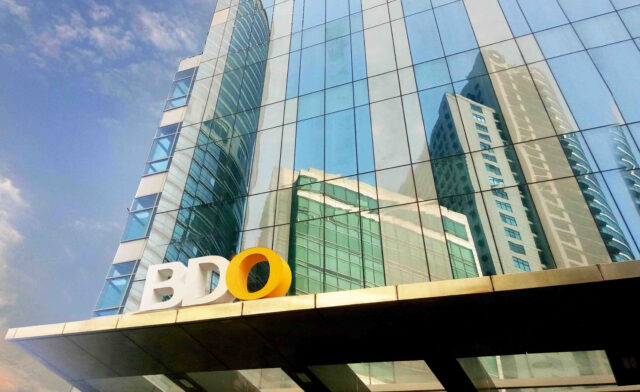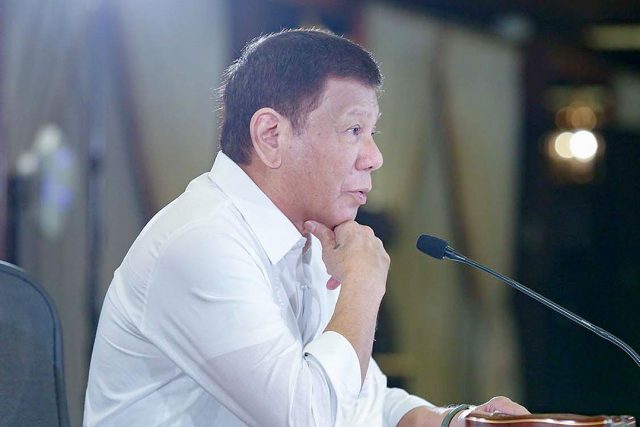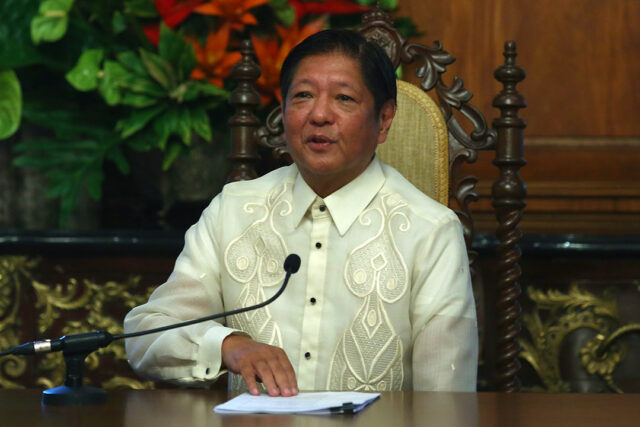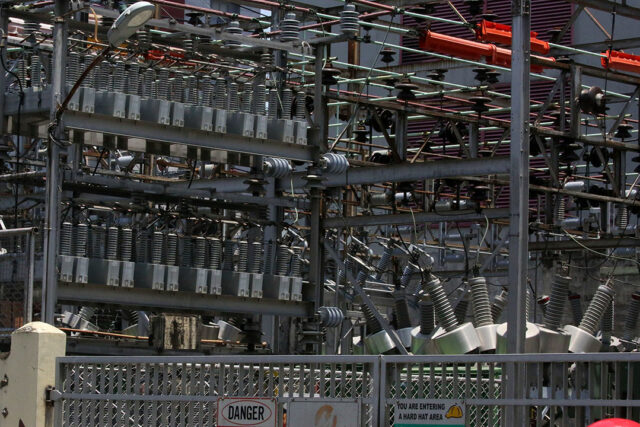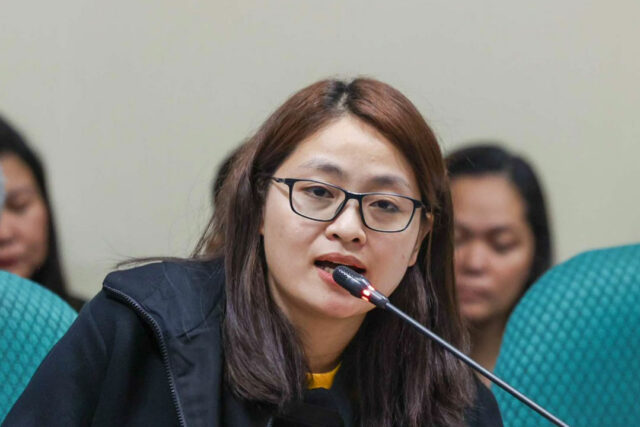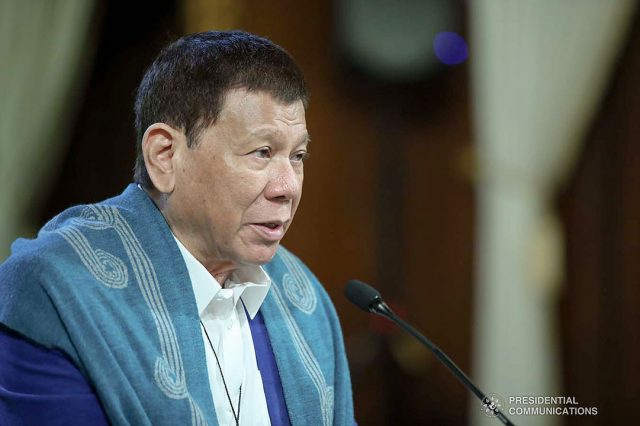Philippines exploring satellite, agricultural technology tie-ups with Slovenia
THE PHILIPPINES is exploring possible collaboration in satellites and agricultural technology with Slovenia, the Department of Trade and Industry (DTI) said.
Speaking on the sidelines of a forum organized for the visit of a Slovenian business delegation, Trade Secretary Cristina A. Roque said: “We really try to foresee how both countries can benefit from trade missions such as this… We discussed satellites, and they also have agri-tech, which is something that we are very interested in.”
She added at the Philippines-Slovenia Business Forum that the Philippines needs to develop technology in agriculture to achieve food security.
“We have a fast-growing population. It’s really important for us, so we don’t have to import so much because it’s expensive,” she added.
On Monday, the Philippines welcomed the delegation representing of 42 companies from the Slovenian mobility, manufacturing, food and beverage, information and communications technology, science, technology and education, business consultancy industries. Some of the companies also expressed interest in employing overseas Filipino workers.
“We are doing yearly investigations within our member companies, and the Philippines is seen as a really important hub for Slovenia because more than 80% of the Slovenian companies are exporters” according to Marjana Majerič, executive director of Chamber of Commerce and Industry of Slovenia (CCIS).
She sees the most promising areas for cooperation are technology, pharmaceuticals and medical devices, agri-food, sustainability, logistics, infrastructure, and energy.
“These are the areas that we can see as a really possible match between the Philippines and Slovenia,” according to Ms. Majerič, the head of the delegation.
At the forum, the Philippine Chamber of Commerce and Industry (PCCI) and CCIS signed a memorandum of understanding (MoU) to strengthen business and economic cooperation between the two countries.
Under the agreement, PCCI and CCIS committed to organizing outbound or hosting inbound trade and investment missions and participating in exhibitions, trade fairs, symposiums, seminars, conferences, study tours, business matching, training, and other trade and investment promotion activities.
The two parties also agreed to organize a Philippines-Slovenia business council which will implement their joint initiatives.
“Twenty years ago, we signed a contract with PCCI, and we now extended this MoU with an action plan. The previous MoU was a little bit general, but now we stick to more precise activities,” Ms. Majerič said.
“I think through that, we will have this possibility to make even further activities because we are already organizing online meetings with the companies,” she added.
PCCI Chairman George T. Barcelon said that the new MoU strengthens the two parties’ institutional cooperation.
“This agreement will provide a robust framework for regular business exchanges, trade and investment missions, and information sharing between our business communities,” he said.
“To our Slovenian friends, let me assure you that Philippine businesses are eager to explore partnerships with you. I understand that there are a few Slovenian companies currently operating in the Philippines, and I hope today will further balloon your presence in the country,” he added.
PCCI President Enunina V. Mangio said that the Philippines and Slovenia offer natural synergies in many high-value sectors.
“In manufacturing, for example, we see opportunities for technology transfer and supply chain integration. In information and digital technology, possibilities for joint ventures in software development, digital services, artificial intelligence, and other emerging technologies abound,” she said.
“Tourism presents untapped potential for cross-promotion and sustainable development models. And in human resource development, we can share best practices that enhance our competitiveness globally,” she added.
According to Ms. Majerič, Slovenian companies see the Philippines as a possible gateway to Asia.
“Your big advantage is your English-speaking people, and the second advantage that we see is your people are really eager to grow and learn,” she said.
“But besides that, your openness and your politics in terms of free zones and industrial parks give us possibilities in terms of approaching other markets,” she added.
She said that the Philippines is a possible springboard for US trade.
“In terms of the new American politics, the Philippines still has positive ties, so we see the possibility to step into the US market as well,” she added.
She said that the trade volume between the Philippines and Slovenia was 16 million euros in 2024. — Justine Irish D. Tabile

